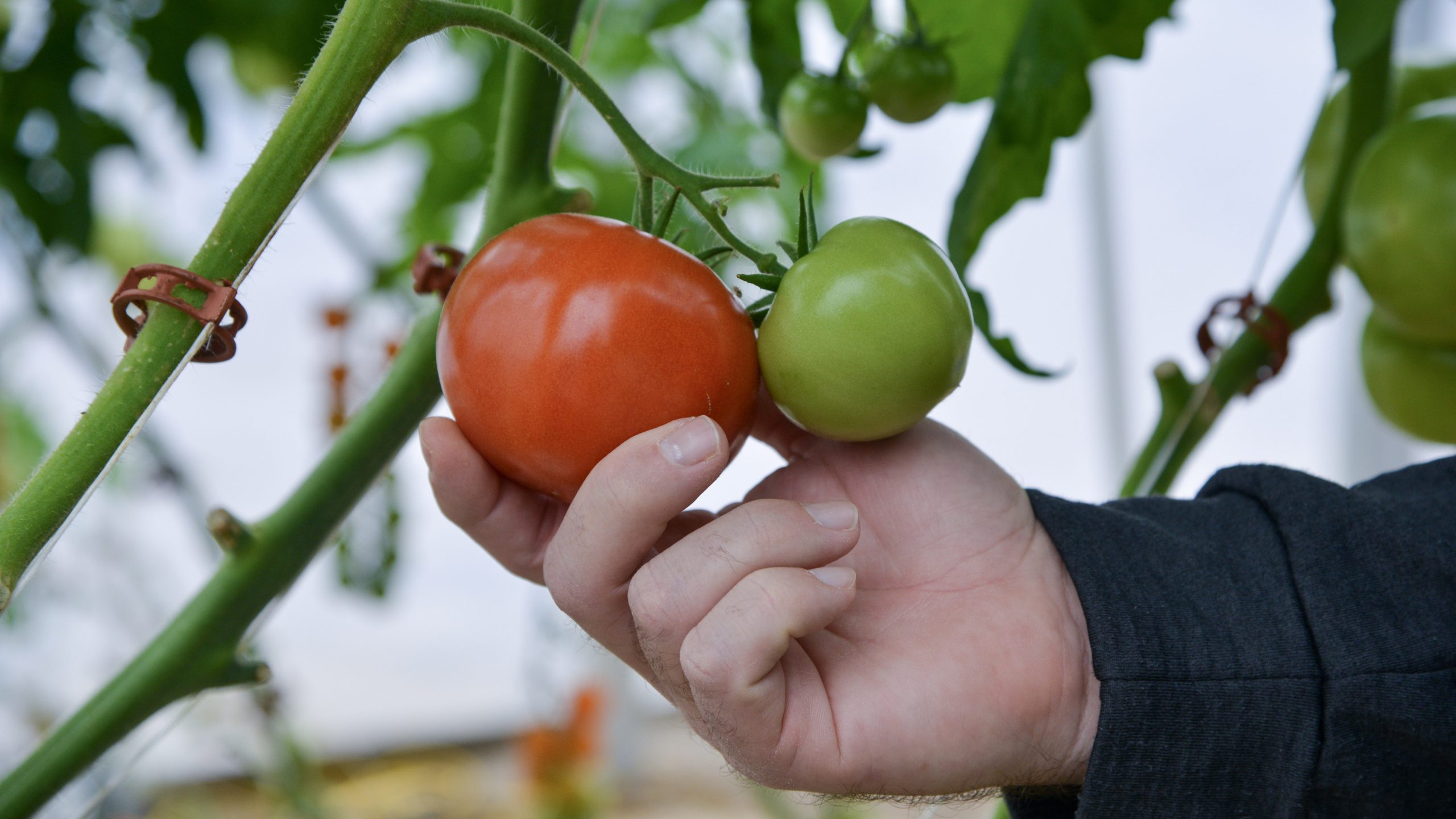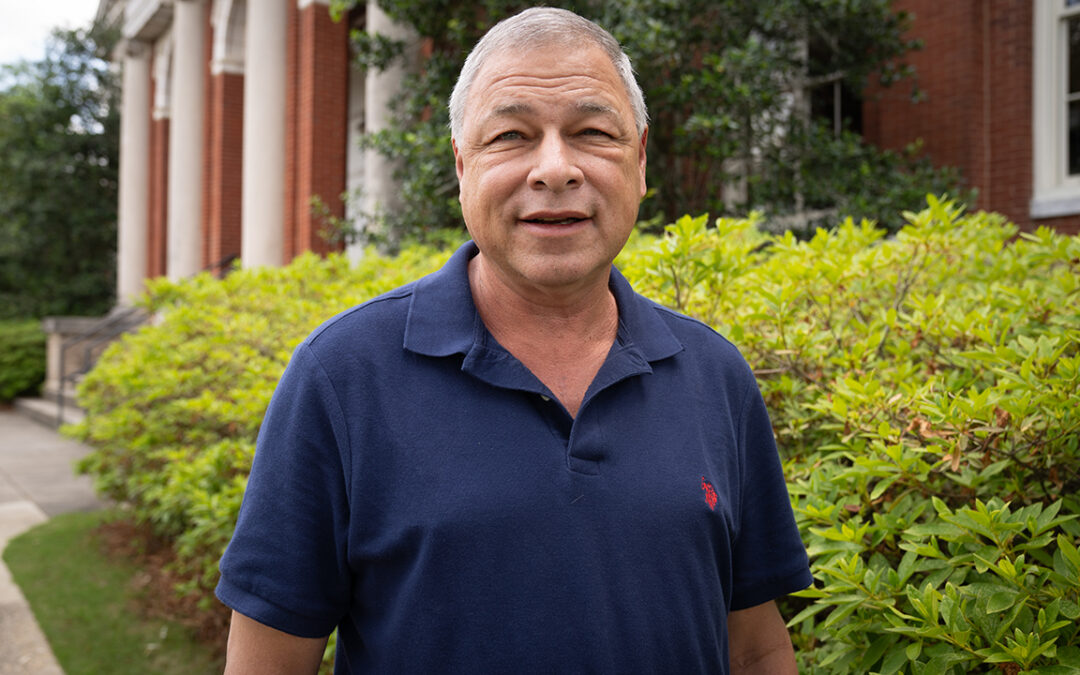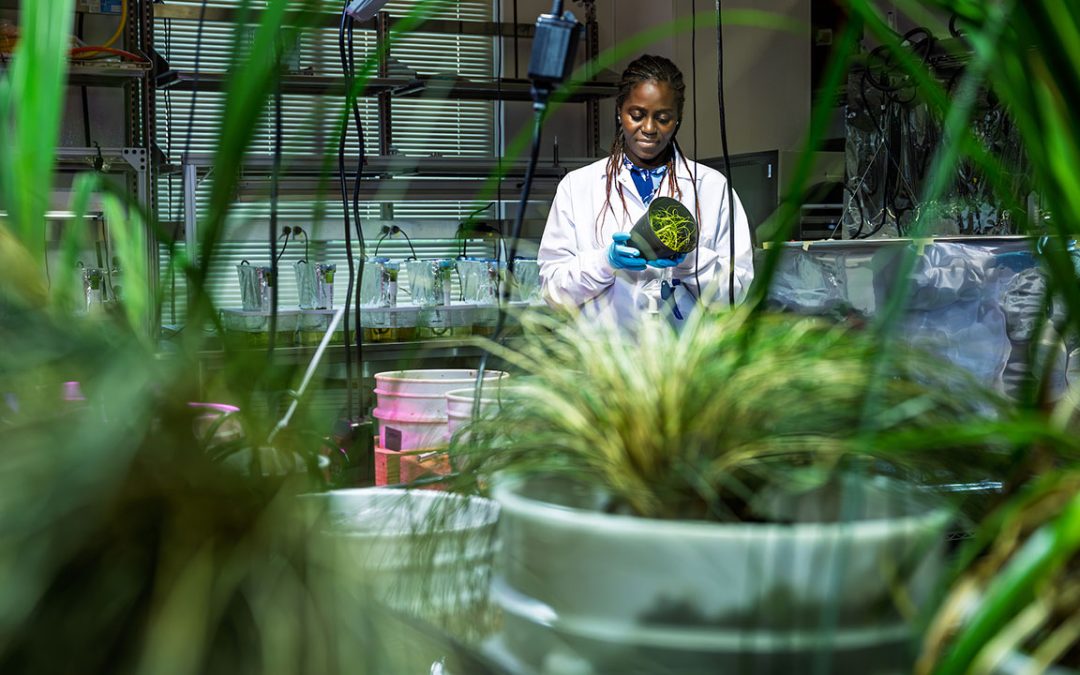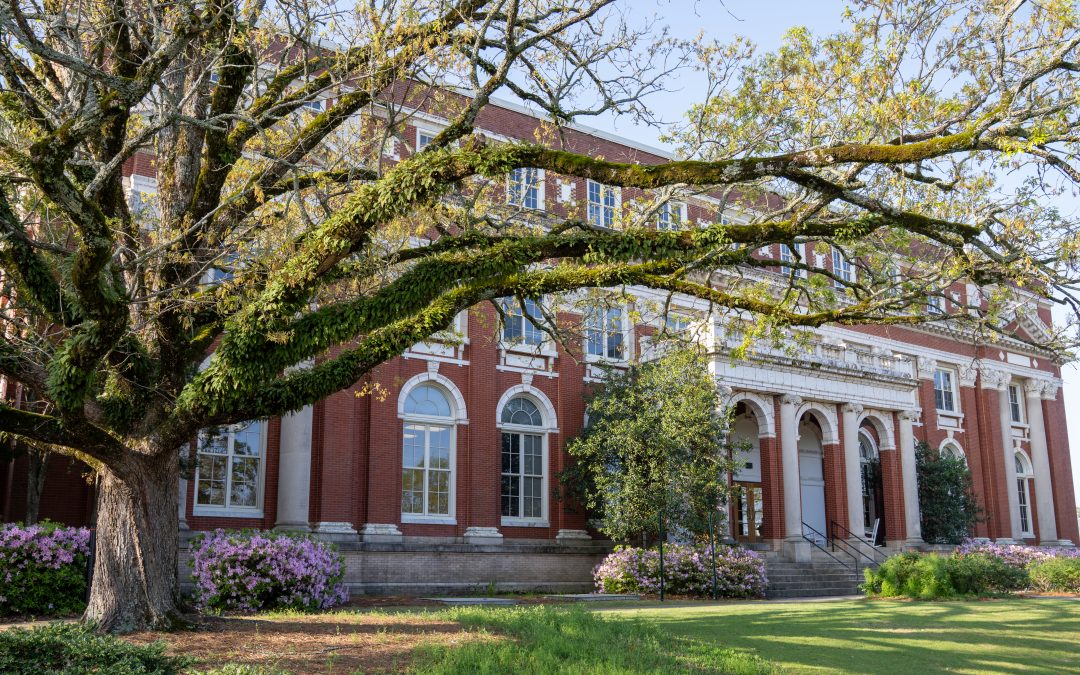This past year, Auburn University’s College of Agriculture announced the availability of state-funded research and equipment purchase capital for fiscal year 2023. These competitively awarded grants were offered through the Alabama Agricultural Experiment Station (AAES) research program.
A total of 34 proposals were submitted across the three principal AAES programs: AgR-SEED, Production Agricultural Research (PAR) and equipment grants. Of these, 22 AgR-SEED proposals, four PAR grants and three equipment grants were selected to receive funding.
“This funding addresses some of the most immediate and long-term needs of agriculture, at both the state and national levels,” said Art Appel associate dean for research in the College of Agricultural and associate director of the AAES.
The grants are administered through the AAES with USDA National Institute of Food and Agriculture Hatch funding and matching state appropriations. Many of the two-year, $50,000 grants support combined research and extension projects to address current farming problems in a timely manner through applied research.
PAR projects, explained Appel, typically address a specific problem and/or challenge being experienced currently by Alabama agricultural producers. PAR grant recipients must also include a “demonstration of stakeholder involvement and focus on achieving an immediate/near-term solution.”
AgR-SEED, meanwhile, stands for Agricultural Research Enhancement, Exploration and Development.
“These projects ask applicants to present a specific agricultural research topic that may require more in-depth investigation,” Appel said. “The topics may expand knowledge about well-known problems or investigate new areas using cutting-edge methods.”
AgR-SEED applicants are asked to summarize the body of knowledge and show (if available) any previously completed research activities that are related to the proposed project. The overall investigative scope of AgR-SEED projects may have both a state and national reach.
“Applicants are asked to share what the potential long-term impact will be from achieving improvement in—and sustainability of— the U.S. agricultural, food and forestry systems, and the potential their AgR-SEED research topic has in securing larger funding from federal sources,” Appel said.
Also, for FY 2023, the AAES program accepted grant applications for faculty requested equipment purchases. And, for the first time, the program accepted applications for the purchase of databases, which are particularly useful in economic and marketing research. This program requires applicants to contribute a 50% match.
The following projects were funded for the current cycle. The name and department of the principal investigator is followed by the name of the proposal.
AgR-SEED
Paul Bartley, assistant professor, Department of Horticulture: Horticulture strategic integration of zero-emission landscape maintenance equipment
Terry Brandebourg, associate professor, Department of Animal Sciences: Identifying molecular targets in the pig brain that regulate feed intake using a novel swine model of dysregulated voluntary intake developed at Auburn University
Veena Chattaraman, professor, Department of Consumer & Design Sciences: Reducing health disparities by optimizing nutrition messages for healthy food selection
Miria Ferreira Criado, assistant professor, Department of Pathobiology: Identification of poultry immune markers associated with susceptibility or resistance to influenza virus infection
Aaron Rashottek, professor, Department of Biological Sciences: Examination of cis-Zeatin as an unstudied Cytokinin in tomato stress response and delay of leaf senescence
Leonardo De La Fuente, professor, Department of Entomology & Plant Pathology: Zinc oxide-based nano-formulations with systemic efficacy against Xylella fastidiosa in blueberry
Shollie Falkenberg, associate professor, Department of Pathobiology: Characterization of inhibitory molecule expression and memory responses
Tham Hoang, associate professor, School of Fisheries and Aquatic Sciences: Assessment of macro- and microplastic pollution in the Alabama River Watershed in support of risk assessment, management and sustainable development
Wendy Hood, professor, Department of Biological Sciences: Optimizing mitochondrial respiration measurements for evaluating energetic constraints on mammals
Kathleen Martin, assistant professor, Department Entomology & Plant Pathology: Understanding the infection cycle of Soybean vein necrosis virus through its protein localizations and interactions
Yaniv Olshansky, assistant professor, Department of Crop, Soil and Environmental Sciences: Impact of aged microplastic on organic contaminants mobility in aquatic environments
Diane Samek, associate professor, Department of Human Development & Family Studies: Identifying risk and protective factors for recurrent and potentially co-occurring mental health problematic substance use at key developmental transitions: Addressing the unique needs of college students of color at a predominately white institution
Wendiam Sawadgo, associate professor, Department of Agricultural Economics & Rural Sociology: Indexing and decomposing dietary inequalities in the United States
Ryan Thomson, assistant professor, Department of Agricultural Economics & Rural Sociology: capacity building for heirs property owners in Alabama
Marnin Wolfe, assistant professor, Department of Crop, Soil and Environmental Sciences: Leveraging genomic selection to breed better cover crop and forage mixtures, faster
Michael L. Smith, assistant professor, Department of Biological Science: The 3-dimensional nest of the honey bee
William Brandon Smith, Department of Animal Sciences: Forage fertilization through feeding: The role of byproduct supplemental feedstuffs in sustainable beef production
Andrea Tarnecki, School of Fisheries & Aquatic Science: Identification of egg quality biomarkers in oyster aquaculture
Geetha Thangiah, associate professor, Department of Nutritional Sciences: Race/ethnicity related epigenetic modifications in childhood obesity
Dengjun (Kevin) Wang, assistant professor, School of Fisheries and Aquatic Sciences: Elucidating phosphorus loading and bioavailability in catfish ponds for sustainable aquaculture
Xu Wang, assistant professor, Department of Pathobiology: Understanding mechanisms of Nosemosis to enhance biological control of pest flies using parasitoid wasps and improve pollinator health
Janna Willoughby, assistant professor, College of Forestry, Wildlife & Environment: Forestry Quantifying mosquito movements and population interactions to understand and predict disease risk in humans and livestock
EQUIPMENT GRANTS
Wenying Li, assistant professor, Department of Agricultural Economics & Rural Sociology: Using scanner dataset for integrated food and human health research
Eros Francisco, assistant professor, Department of Crops, Soil & Environmental Sciences: Purchase of 2022 Monosem four-row 30-inch planters
Scott Graham, assistant professor, Department of Entomology & Plant Pathology: Purchase of Par-Kan grain cart
PRODUCTION AGRICULTURE RESEARCH (PAR)
Maria Soledad-Peresin, associate professor, College of Forestry, Wildlife & Environment: Soybean-based nanoscale biopolymer carriers for agrichemicals delivery in pecan crop systems.
Melba Salazar-Gutierrez, assistant professor, Department of Horticulture: Evaluating the feasibility of smart strawberry production in hydroponics
Luke A. Roy, associate professor, School of Fisheries & Aquatic Science: Effect of elevated water temperature on performance, digestibility and immunological parameters of channel catfish and hybrid catfish offered different plant and animal dietary protein sources
Sushan Ru, assistant professor, Department of Horticulture: Introducing Southern highbush blueberries to Alabama through multi-location cultivar evaluation





